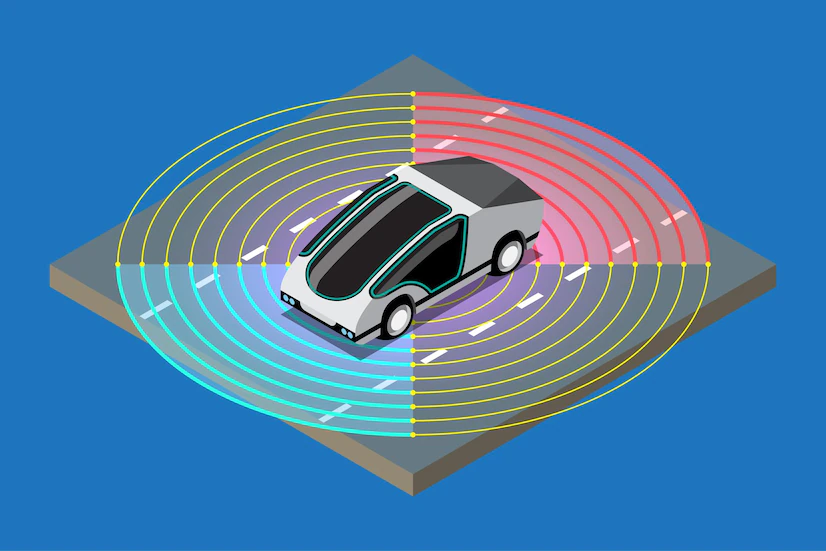Table Of Contents
What Are Collision Avoidance Systems And How Do They Work?
Last Updated on: November 7th, 2024
If there is one thing today’s technology has done for vehicular safety, it would be those collision avoidance systems many of the newest model vehicles come equipped with. However, not all new cars, trucks, and utility vehicles will have them, and most vehicles older than a few years will almost certainly not have them installed.
With that said, what exactly is a collision avoidance system, and who would benefit most by them? Those are both very good questions but to simplify it a bit, all drivers could benefit from a collision avoidance system but those who would benefit most are the drivers that are on the road 40+ hours a week, and that would be commercial drivers. Now then, exactly what they are is the amazing thing. Let’s take a brief look at that!
Key Ways A Collision Avoidance System Works

Let’s begin by saying that the leading cause of accidents is distracted driving. It only takes a fleeting second to suddenly be faced with a life-and-death situation. Perhaps a pedestrian is walking too close to the road, or your vehicle wanders into the adjoining lane while you are glancing for something on the seat next to you, or even reaching for your coffee.
A system like Mobileye 8 Connect can immediately alert you that there is danger. They do this in a number of ways, such as sending an audible alarm or engaging your automatic braking system. This is what they are seeking to accomplish, but how do they work? That’s the interesting part!
A Quick Breakdown Of Key Features In A Collision Avoidance System
![]()
While most of the latest systems come with all of these features, it is important to know what to look for because some will only provide a few of these crash avoidance features. Among the most common things to look for ARE:
- Forward Collision Warning (FCW).
- Pedestrian Detection.
- Land Departure.
- Autonomous (Emergency) Braking (AEB).
These features can all be included in a single system, so this is what you are looking for when choosing to have an aftermarket system installed.
Read Also: Should You Lease A Company Car?
A Closer Look At Those Key Features

Each system works a little differently but for the most part, they will all alert you of dangers as they appear. For example, if you are distracted for just a moment on the highway and the vehicle that was a safe distance in front of you suddenly slowed, you could rear-end it in mere moments.
A collision avoidance system could work in one of two ways. It could sound that alarm or immediately engage that AEB system that will either totally engage your brakes or pump them to alert you to take control.
The important takeaway here is that these advances in technology are there to assist the driver in avoiding collisions but they are not meant to serve as an autonomous function. They are there to help you, as the driver, stay alert and are aids to assist you in avoiding crashes.
In the end, while all drivers could benefit from them, all commercial vehicles could benefit most simply because of the number of hours those vehicles are on the road every day. That’s how they work and why you need them. How amazing is that?
Read Also:














